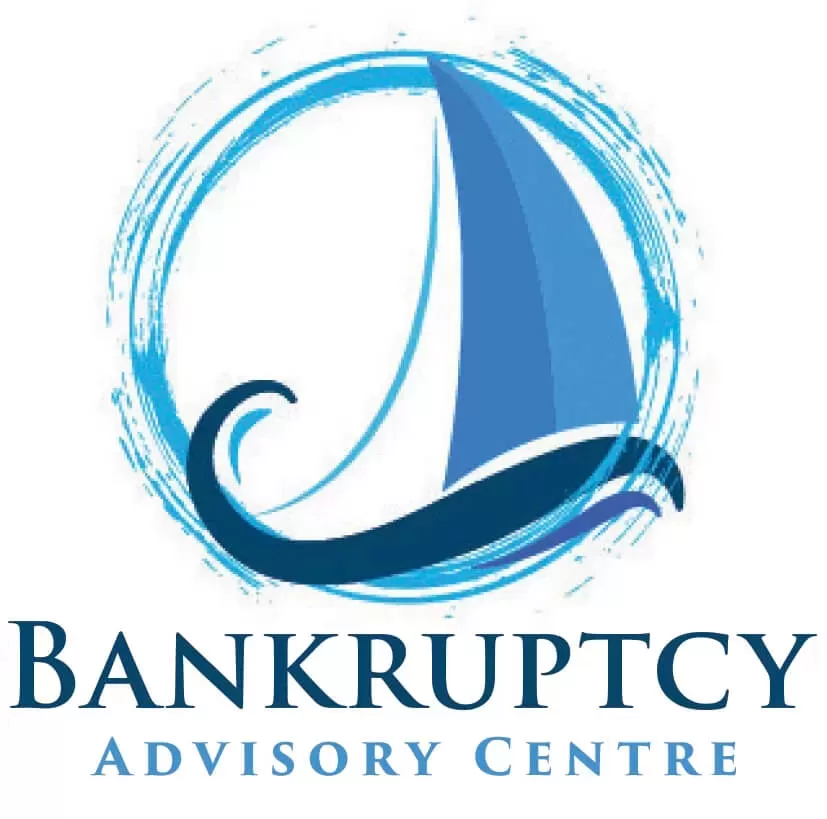What Is the Difference Between Bankruptcy and Debt Agreement?
What Is a Debt Agreement?
 The Bankruptcy Act allows insolvent individuals and sole traders to enter into formal debt agreements with their creditors. A Part IX/9 Debt Agreement is where you negotiate a legally binding agreement between you and your creditors. A Part 9 Debt Agreement is aimed at lower-level deficits often associated with consumer liabilities such as credit cards.
The Bankruptcy Act allows insolvent individuals and sole traders to enter into formal debt agreements with their creditors. A Part IX/9 Debt Agreement is where you negotiate a legally binding agreement between you and your creditors. A Part 9 Debt Agreement is aimed at lower-level deficits often associated with consumer liabilities such as credit cards.
The terms set out in this type of debt agreement can include, but are not limited to:
- The sum that the creditor and the recipient have agreed to loan one another
- The payment terms
- The instalment amounts
- The period
What Is the Difference Between Bankruptcy and Debt Agreements?
Suppose you came to the point where your personal or business debt obligations can no longer be met, and you are insolvent. In that case, you can consider bankruptcy or debt agreements with your creditors.
Bankruptcy Defined
In its simplest form, bankruptcy is a legal process set out by the laws of Australia that releases a person or business (sole trader) from almost all their debt obligations. In Australia, bankruptcy is governed by the Bankruptcy Act of 1966, with subsequent amendments as gazetted by parliament. The Australian Financial Security Authority (AFSA) is the government body overseeing all activity under the Bankruptcy Act.
Types of Bankruptcy:
Voluntary
Suppose a person or business concludes that they cannot financially service their credit obligations; they can declare themselves insolvent. This is a process whereby you apply to be declared bankrupt, and an appointed trustee will govern the process.
Forced
A creditor can petition to declare you bankrupt if you fail to keep to the terms of that agreement. The amount they owe must be more than $10,000, and the petition must be presented to the Federal Court of Australia.
Bankruptcy is a legally dictated and governed process that makes it explicit as to which steps need to be taken, when, and which decisions are to be taken at the sole discretion of the appointed trustee.
The trustee will evaluate your liquidity and sell as much of your assets as possible. The proceeds from all sales will then be distributed to all your creditors. The aim is to return as much as possible to your creditors; however, by definition of being insolvent, in most cases, creditors are not guaranteed full payment. The unpaid amounts still owed, not creditors, are wiped upon your discharge from bankruptcy, and you can start a new life debt-free.
Debt Agreements as a Possible Alternative To Bankruptcy
A Part IX/9 Debt Agreement is between a delinquent debtor and its creditors. Instead of a trustee selling your assets, you offer a repayment plan over a period (maximum of three years). It is unlikely that creditors will be repaid in total during this period. At the end of the repayment period, your debts are wiped, and the creditor cannot pursue you for the unpaid portion of the debt.
The benefit is that the creditor will know precisely how much of their debt they receive back, albeit at a lower return. However, when entering into a debt agreement, you must be able to make the required payments over the period stated because failure to comply will result in all money paid is forfeited, and you will then have to file for bankruptcy and commence a new three-year term.
It should be noted that a debt agreement will appear on your credit rating to what would occur if you went bankrupt.
“One of the tough choices you must consider when getting rid of debt is whether to declare bankruptcy or enter a debt agreement. We can help you understand your options and answer questions regarding Part 9 Debt Agreements, employment restrictions and how a debt agreement affects renting. We are here to help and ensure you have all the information to make an informed choice for the best outcome. So why not contact us for a free consultation today?”
Andrew Bell Bankruptcy Advisor
Let’s Talk
With over 30 years of experience in debt solutions and bankruptcy in Australia Andrew can find a solution for you.
“Nothing is more satisfying to me than knowing that I’ve helped someone get back on their feet by guiding them through the Bankruptcy Process. Rest assured, you’re in good hands with me as we solve your financial problems together.”


